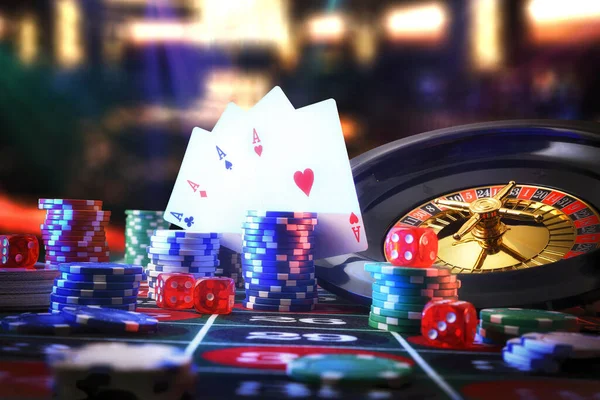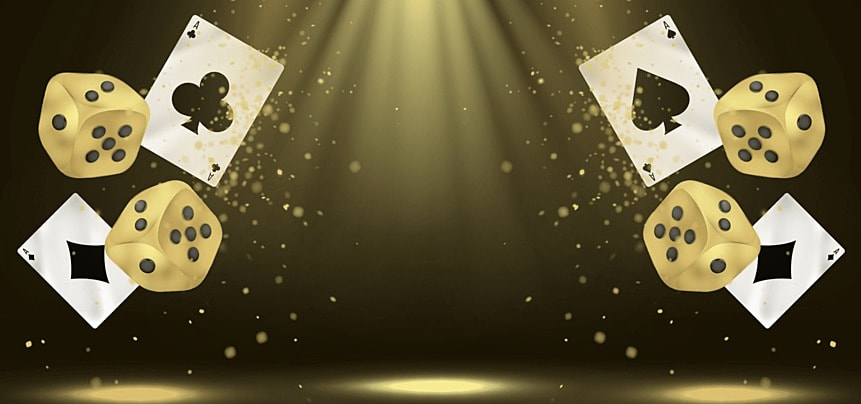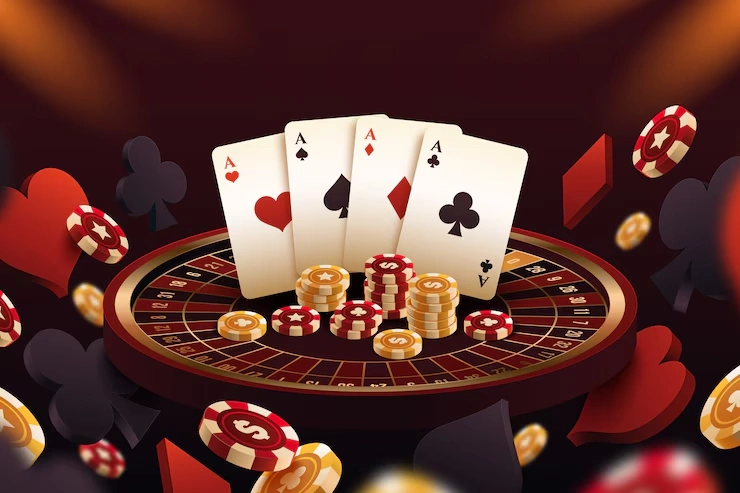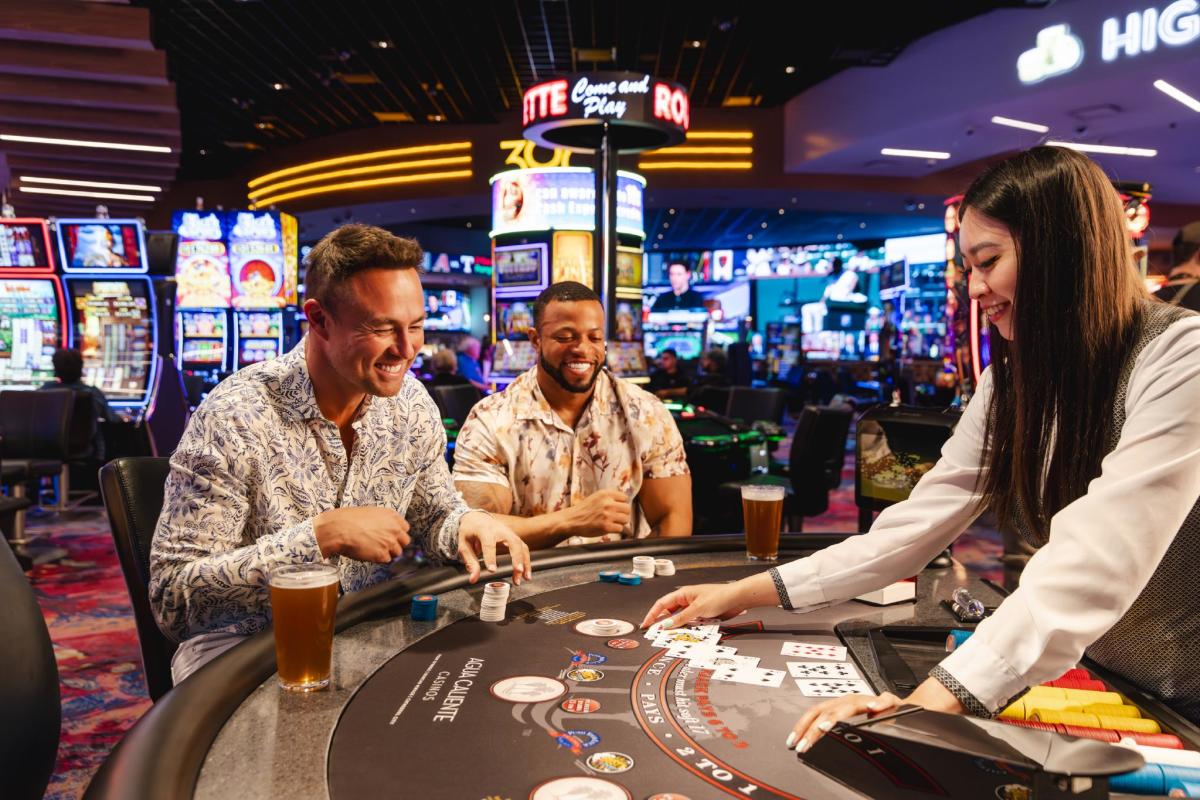A World Without the Spin
Imagine waking up tomorrow and finding every casino – online and land-based – shut down indefinitely. No blackjack tables. No spinning slots. No online poker rooms. Just silence where there once was flashing neon and digital jackpots.
It sounds like a dystopian fiction or a utopian dream, depending on who you ask. For some, it would mean liberation. For others, the sudden void could ignite a psychological crisis. The industry is vast, personal stories run deep, and impacts are anything but uniform. Visit https://stake-greece.gr/ to see how online platforms operate in today’s ecosystem.
This article explores the cascading consequences of an all-casino shutdown across psychological, economic, and emotional dimensions.
The Immediate Shock: Personal and Economic Whiplash
The Silence After the Sirens
The first reaction would be disorientation. Regular players would find themselves with time they don’t know how to fill. Rituals would be broken. High rollers and casual gamers alike would experience an abrupt halt in dopamine delivery.
The Economic Vacuum
Billions in revenue would vanish overnight. Jobs connected to gambling – from game developers and dealers to marketers and compliance officers – would be at risk. Tourism in casino-centric locations like Las Vegas or Macau would plummet. Entire microeconomies would implode.
The Psychology of Absence: Addiction Without an Outlet
Withdrawal Symptoms
For those who struggle with gambling addiction, the sudden closure would mirror substance withdrawal: anxiety, irritability, depression. Many would experience a loss of identity, structure, and stimulation.
Forced Reflection
However, a portion of users might find clarity. In the absence of their go-to escape, some would reevaluate their motivations. Why did they gamble? What were they seeking? This enforced pause could ignite powerful internal shifts.
Addiction vs. Freedom: A Tale of Two Realities
Liberation Through Loss
There’s a growing movement advocating for reduced gambling access as a mental health intervention. For some players, the shutdown would feel like being released from an invisible prison.
- Testimony: “I didn’t realize how much time I lost until the casino app disappeared. It felt like waking up.”
The Rise of Substitutes
Others might replace gambling with high-risk investing, gaming, or substance use. The psychological craving for stimulation and reward doesn’t vanish – it migrates. Understanding and guiding this transition is crucial.
Reclaiming Time: The Gift of Hours
The Daily Clock Rewritten
Many players spend hours daily on casino platforms. With closures, entire schedules would shift. For some, this might lead to a renaissance in productivity, creativity, or physical activity.
- Expert Insight: Dr. Natalie Ross, cognitive behavior therapist, notes: “When habitual behavior stops abruptly, people often experience a second adolescence – rediscovering interests and passions.”
A Vacuum or a Vessel?
The question becomes: what do people do with the reclaimed time? Without structure, free time can quickly turn into aimlessness, which can be just as psychologically destabilizing.
Global Economic Impact: From Macro to Micro
The GDP Drop
Globally, gambling contributes to state revenues, employment, and digital innovation. A sudden halt could shave off significant percentages from GDP in gaming-centric nations.
Localized Devastation
Communities that depend on land-based casinos for employment and tourism would feel the blow hardest. These include indigenous territories in North America and island nations with legal gambling as a core industry.
Cultural Shockwaves: Rituals and Social Identity
Loss of Community Spaces
Casinos serve as social hubs. Elderly patrons, for example, often see their daily visit as a routine akin to visiting a café. The closure would leave some populations more socially isolated than ever.
The Culture of the Gamble
From mythology to modern cinema, gambling is deeply rooted in global storytelling. A shutdown would not only erase activity but also alter collective identity narratives.
The Underground Awakens: Risk of Black Market Expansion
Unregulated Alternatives
When legal options vanish, illegal ones often rise. Unregulated, black-market gambling platforms may flourish, posing risks of fraud, lack of age verification, and money laundering.
Crypto-Driven Anonymous Gambling
With traditional systems offline, the crypto world could see a surge in anonymous, decentralized gambling services. These are harder to monitor and often target vulnerable populations.
What Happens to the Gamblers?
Rehabilitated or Displaced?
Addiction doesn’t end with access. Rehab centers might see a spike in admissions, while others silently suffer at home. Community programs would need scaling and reorientation.
From Gamblers to Investors
A curious trend might emerge: former gamblers shifting to day trading, NFTs, or online auctions. These behaviors mimic gambling’s risk-reward cycle, though they’re dressed as financial ventures.
Platforms React: The Pivot of Giants
Casino Corporations Seek New Frontiers
Brands that relied on gambling might pivot into adjacent spaces: entertainment streaming, gaming, or fintech. Some may double down on gamified e-commerce or subscription-based skill games.
Stakeholder Conflicts
Shareholders in large gambling conglomerates would face identity crises. Profit motives versus social responsibility debates would surface like never before.
Could This Actually Happen? The Legal Landscape
Is a Global Ban Possible?
While unlikely, coordinated action on gambling restrictions has precedent. Tobacco advertising, for example, saw global regulation. Pressure from mental health advocates could drive similar momentum for casinos.
Legal Loopholes
Gambling legislation varies widely. Closing all casinos would require harmonized global cooperation – a monumental challenge in today’s fragmented digital landscape.
Voices from the Field: Expert and Player Insights
Psychologist Perspective: Dr. Amir Saleh
“You can ban the activity but not the craving. Address the human need behind gambling – control, excitement, escape – and you might get real change.”
Former Player: Louise, 52
“Losing access would be terrifying and freeing. Like cutting ties with a toxic friend you still care about.”
Developer View: Jenna Morales
“If casinos go, gamification in other sectors will absorb the user base. Watch fitness apps, finance platforms, and e-learning explode with casino-style engagement.”
The Role of Online Communities
Reddit, Discord, and Survivor Networks
As physical platforms disappear, digital forums would become lifelines for former gamblers. Some might form support groups; others could attempt to rebuild games in peer-led formats.
The Emergence of Digital Sobriety Circles
Just as there are online groups for recovering alcoholics or drug users, we may see a rise in “digital sobriety” communities focused on navigating post-casino life.
Unexpected Winners
Mental Health Sector
Therapists, counselors, and mental wellness apps could see increased demand as people seek to fill emotional voids left by gambling.
Alternative Leisure Industries
Entertainment sectors like travel, outdoor recreation, and DIY hobbies may benefit as people redirect time and resources.
Governments With Strong Welfare Systems
Regions with strong public health and welfare infrastructures would be better equipped to absorb the shock of a gambling industry collapse.
The Myth of Easy Freedom
Removing Casinos Isn’t Removing the Problem
Gambling is a symptom, not a root cause. It reflects deeper issues: boredom, trauma, economic pressure. Erasing the venue doesn’t eliminate the need.
Structured Transition Matters
A successful shutdown would need gradual phases, support mechanisms, and alternative structures. Otherwise, the void could become more dangerous than the vice it replaced.
A Hypothetical World: What If the Shutdown Was Voluntary?
Self-Exclusion at Scale
Imagine if players worldwide opted out together – a collective sabbatical from gambling. This raises questions about free will, agency, and whether people can consciously rewire habits.
Digital Detox Meets Casino Culture
Such a movement could spark larger conversations around screen time, dopamine dependency, and the future of online engagement.
Conclusion: More Than a Game
Shutting down all casinos overnight would be a global event with far-reaching implications – emotional, economic, and existential. For some, it would be a door closing on addiction. For others, it would be the loss of community, excitement, and even identity.
Whether you see it as the end of an era or the beginning of liberation, one truth remains: gambling has woven itself deeply into the human experience. Pulling it out requires not just policy changes, but cultural and psychological transformation.
If tomorrow truly marked the end, the real question wouldn’t be what we lost, but what we chose to replace it with.





